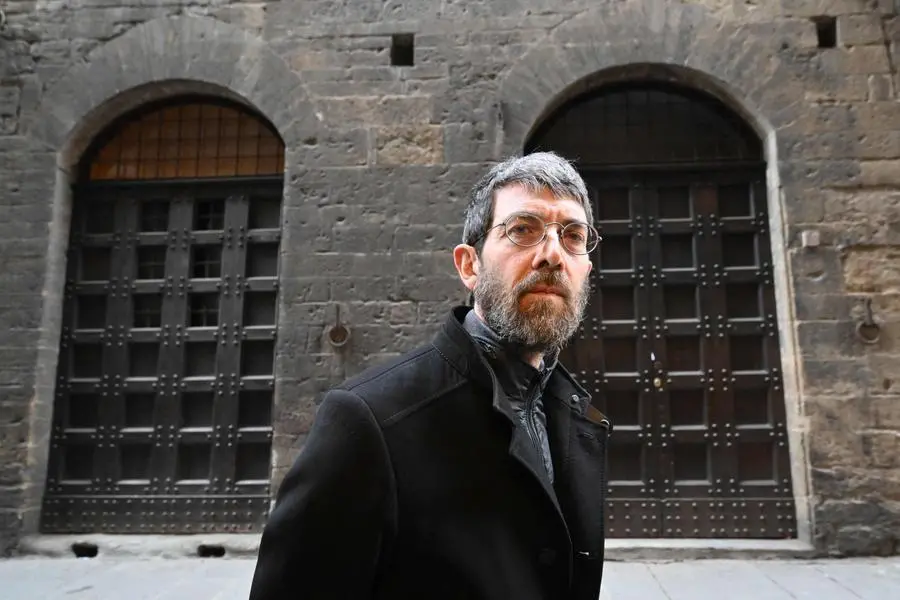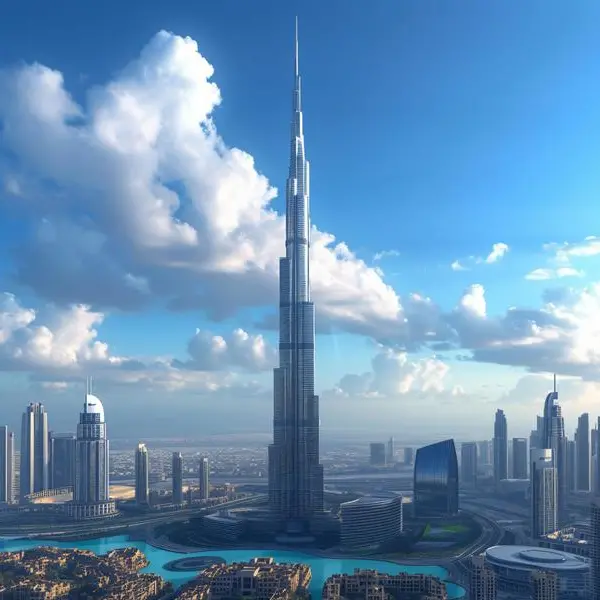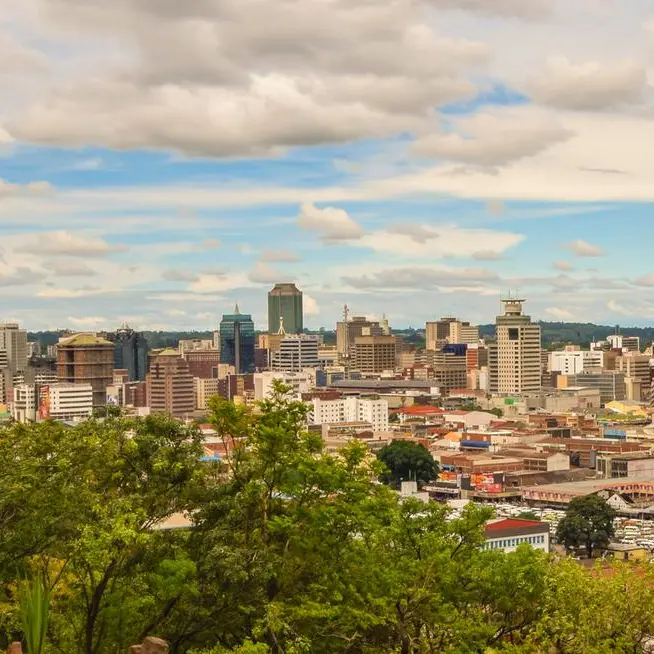PHOTO
Goldsmith Tommaso Pestelli was evicted from his historic Florence workshop to make way for a luxury hotel, the umpteenth victim of a mass tourism critics say is ravaging the Italian city.
Calls for urgent action to protect the city centre, a UNESCO site, intensified last month after a museum director said "hit and run" tourism had transformed Florence into a "prostitute".
Some 1.5 million tourists flocked to the city last summer, up 6.6 percent on the previous year, while an increasing number of independent shops and residential apartments are being transformed into fast food outlets and holiday lets.
"We've been open since 1908. If you get rid of us, and many others like us, you take away part of the city's spirit," said Pestelli, whose father, grandfather and great-grandfather were goldsmiths before him.
Pestelli, 55, managed to find another little workshop nearby, but says many fellow artisans have not been so lucky.
The average cost of monthly residential rents leapt 42 percent between 2016 and 2023, while the number of apartments listed on Airbnb jumped from some 6,000 to nearly 15,000, official figures show.
Even in February, tourist queues snake around the block at the Duomo and throng around Michelangelo's David.
With locals forced out and traditional shops disappearing, "Florence is becoming an empty box", Pestelli said.
Elena Bellini, 47, who sells work by local artists, said the drop in the number of long-term residents was killing neighbourhoods and had lead to more crime, like attempted break-ins.
"Florence is dying!" read a notice in the window of a jewellers saying the city had been "sold" to big business.
- Airbnb ban -
The Tuscan capital is not alone. Venice and other top destinations like the Cinque Terre in northwest Italy have also seen locals driven away by astronomical rents, overcrowded sites and endless souvenir shops.
While Venice is trialling a ticketing system, with day visitors to be charged an entry fee in high seasons, Florence's centre-left city council has launched a campaign to entice tourists away from the centre.
"People are increasingly looking for 'experience-based itineraries', so we have to promote... other points of historical, artistic, naturalistic and gastronomic interest," Deputy Mayor Alessia Bettini told AFP.
Visitors to surrounding villages, castles and abbeys were up 4.5 percent in January, while the number of hikers tackling the Path of the Gods across the Apennines to Bologna rose 22 percent last year.
The council has also attempted to free up homes for local people and prevent rents spiralling further by banning new short-term private vacation rentals in the historic centre.
The measure, adopted in October, also includes tax breaks for landlords if they switch back to ordinary leases.
- 'Gone forever' -
Despite the ban, a dozen or so artisans are being evicted from workshops in a building near the Ponte Vecchio, amid plans to transform it for tourism.
"The Florentine goldsmith tradition is rather quickly falling to pieces," said Pestelli.
A few streets away, Gabriele Maselli, president of Florence's Historical Businesses Association, paints a gold picture frame by hand, rows of brightly coloured pots and powders lining the shelves behind him.
A large crucifix stands propped against one wall, while nearby a restorer repairs the surface of a damaged painting.
"People come to Florence for quality things, made painstakingly by hand," 58-year-old Maselli said.
"If a business is forced to close though, it affects the whole production chain. A whole world closes, gone forever".





















